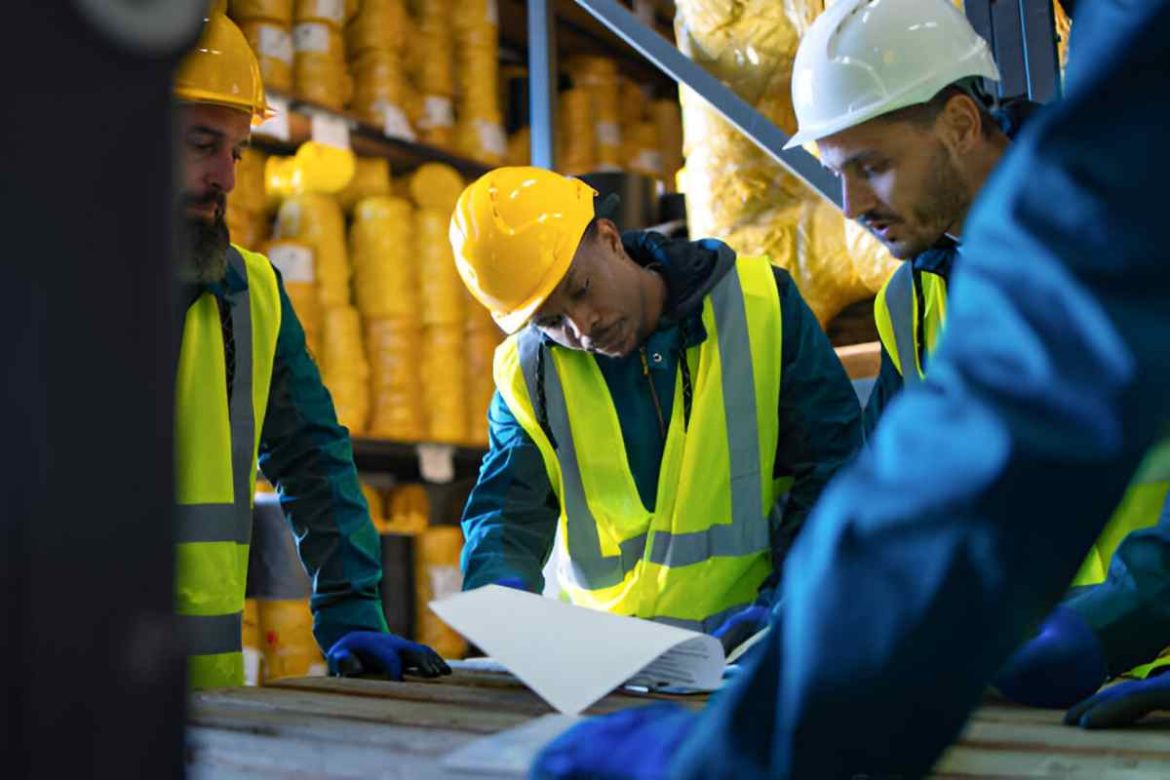Technology is driving significant changes in the logistics and freight industry, revolutionizing traditional practices. From boosting efficiency to enhancing transparency and sustainability, the following key trends are transforming freight operations:
Table of Contents
Automation and Robotics
Automation is revolutionizing freight operations by streamlining processes and reducing human error. Automated guided vehicles (AGVs) and autonomous mobile robots (AMRs) are increasingly utilized in warehouses for tasks such as picking, packing, and sorting goods. On the road, autonomous trucks are being tested for long-haul deliveries, offering increased safety and efficiency while lowering labor costs.
Internet of Things (IoT) in Logistics
IoT devices, including GPS trackers, sensors, and RFID tags, enable real-time tracking and monitoring of freight. These devices provide crucial data on shipment conditions, such as temperature, humidity, and location, allowing for proactive logistics management, predictive vehicle maintenance, and optimized supply chain routes. Delivery driver jobs are crucial roles within the logistics industry, facilitating the timely transport of goods to their destinations.
Big Data Analytics
Big data analytics is transforming freight operations by enabling informed decision-making based on historical and real-time data. Predictive analytics can forecast demand fluctuations, optimize route planning, and anticipate potential disruptions. This capability enhances operational efficiency and reduces costs by minimizing idle time and maximizing asset utilization.
Blockchain Technology
Blockchain technology is revolutionizing freight operations by providing a secure and transparent way to record transactions and track shipments across the supply chain. By creating an immutable record of every transaction, from order placement to delivery, blockchain ensures trust and accountability among stakeholders. This technology reduces paperwork, minimizes disputes, and enhances the efficiency of customs clearance processes.
Artificial Intelligence (AI) in Logistics
AI-powered algorithms optimize freight operations by analyzing vast amounts of data to make real-time decisions. AI enhances route optimization, predictive maintenance, and demand forecasting. Additionally, machine learning algorithms can improve risk management by identifying patterns that may indicate potential shipment disruptions or delays.
Electric and Alternative Fuel Vehicles
With increasing environmental concerns and regulatory pressures, there is a rapid rise in the adoption of electric and alternative fuel vehicles in freight operations. Electric trucks and vans are pivotal in significantly lowering carbon emissions and reducing noise pollution, particularly in urban environments.
Augmented Reality (AR) and Virtual Reality (VR)
AR and VR technologies are enhancing training programs for freight operators and warehouse staff. AR can improve order-picking accuracy by providing visual cues, while VR simulations allow operators to practice driving techniques in a safe and controlled environment. These technologies enhance worker productivity and safety while reducing training costs.
Cloud Computing
Cloud-based platforms are facilitating collaboration and communication across the supply chain. Freight management systems hosted on the cloud enable real-time access to shipment data, documentation, and analytics from any location. This accessibility improves coordination among stakeholders, enhances visibility, and enables quicker response times to changing market conditions or disruptions.
Conclusion
Innovations in automation, IoT, big data analytics, blockchain, AI, electric vehicles, AR/VR, and cloud computing are driving efficiency, transparency, and sustainability in freight operations. Adopting these technologies not only improves operational efficiency and lowers costs but also enhances customer satisfaction with faster and more reliable deliveries. As these trends continue to develop, stakeholders in the freight industry must remain agile and innovative to fully leverage the potential of these transformative technologies.

